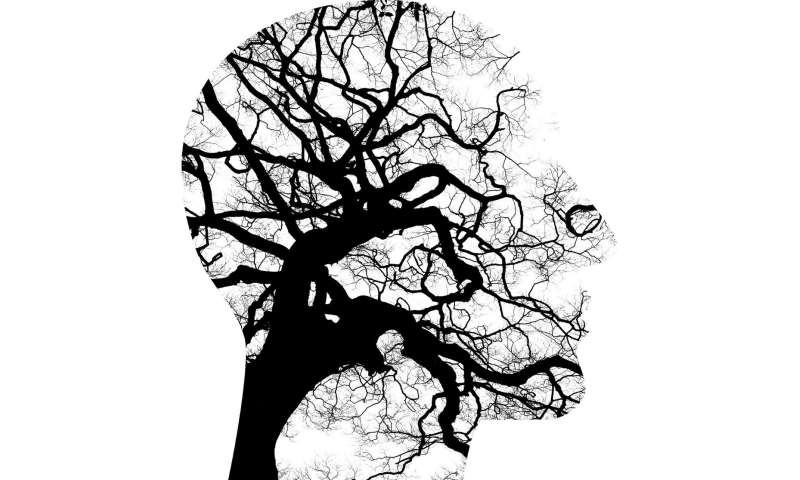Excellent mental health for two-thirds of Indigenous people off reserve

Two-thirds (68%) of Indigenous people living off reserve in Canada have excellent mental health, according to a nationally representative study conducted by the University of Toronto and Algoma University.
“These findings underline the incredible strength and resiliency of Indigenous people. Most previous research has focused solely on deficits. In contrast, our findings show that despite stark economic inequalities and a history of residential schools, the majority of Indigenous people are free of addictions, suicidal thoughts and mental illness,” according to co-author Rose Cameron who is an Anishinaabekwe elder and an Associate Professor and Director of the Social Work program at Algoma University in Sault Ste. Marie, Canada. “However, we know that there is still an urgent need to address poverty and support those who are struggling in order to bring the community up to parity with the wider Canadian population,” in which 73.5% reported excellent mental health.
“Supportive social connections are a key to well-being; Among our Indigenous respondents, those with at least one person who provided them with a sense of emotional security and well-being were much more likely to be in excellent mental health than those without a confidant [70% vs 29%],” reported co-author Siwon Lee, a recent Master of Public Health graduate of the University of Toronto. “Interventions are needed to promote social support and to decrease social isolation and loneliness.”
“Poverty was a serious impediment to mental well-being. Only 53% of Indigenous respondents whose income was in the bottom 10% had complete mental health compared to 73% of those whose income was above the Canadian average,” reported lead author Esme Fuller-Thomson, Professor at the University of Toronto’s Factor-Inwentash Faculty of Social Work and Director of the Institute for Life Course & Aging. “As a nation, we need a concerted effort to improve the financial situation of our most economically disadvantaged population.”
“Our study found that those with post-secondary degrees were more likely to be in excellent mental health compared to their counterparts with less education. Education opens doors to better careers, higher income, better access to mental-health care and more opportunities in life. Currently, many isolated reserves do not have local high schools, which forces children as young as 14 to leave their family, home and community and move to larger towns and cities in order to study. These inequities need to be addressed if we hope to improve the high-school graduation rate of Indigenous youth in Canada,” said co-author Senyo Agbeyaka, a Masters of Social Work graduate of the University of Toronto.
“This study concluded that Indigenous men were much more likely than women to be in excellent mental health. Some of the excess vulnerability is due to the fact that women had experienced more childhood adversities and chronic pain, which makes it difficult to experience mental flourishing.” reported co-author Philip Baiden, a Ph.D. graduate of the FIFSW who is now an Assistant Professor at the University of Texas at Arlington.
The definition of excellent mental health in this study had three components: 1) Respondents must report daily or almost daily happiness or life satisfaction in the past month; 2) They must report social and psychological wellbeing on an almost daily basis in the past month, and: 3) They had to be free of all mental illness, serious suicidal thoughts and substance dependence in the preceding year.
“For those who are experiencing mental-health problems, culturally adapted cognitive behavioural therapy [CBT] is a very promising intervention. It has been shown to be extremely effective in treating psychological distress among Indigenous individuals around the world,” said co-author Talib M. Karamally, a recent Master of Industrial Relations and Human Resources graduate at the University of Toronto.
Source: Read Full Article


